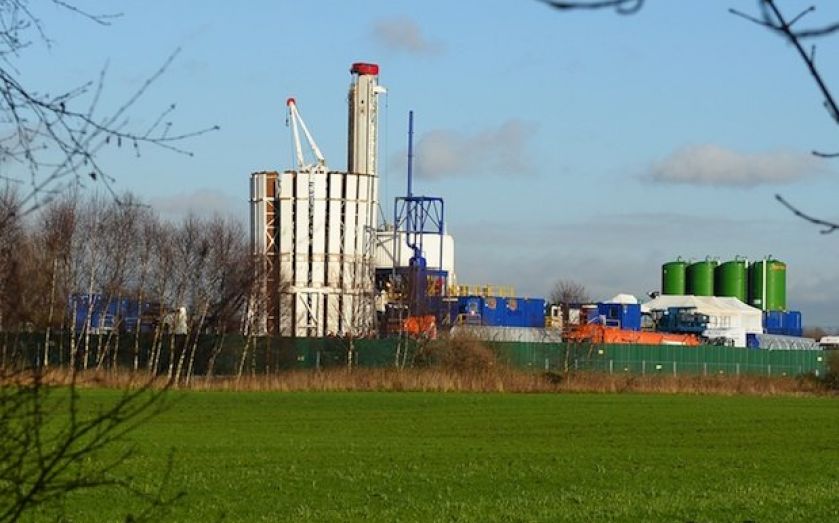Britain must do more to accelerate exploitation of its vast shale potential

TO SUPPORT the development of its huge shale potential, Britain desperately needs the backing of investors, local communities, and local government. The stakes are high – with the slow demise of the North Sea, we face rising import bills, a rapidly declining tax base and, as last year’s dispute at the Grangemouth refinery warned us, a real chance of losing a large section of heavy industry forever.
Last year, the Institute of Directors made the case to government that local authorities should be able to keep 100 per cent of the business rates collected from shale schemes. Yesterday’s confirmation that this will happen is therefore welcome. But it’s only the start. We must do more to widen the pool of future shale winners, and to accelerate the industry’s growth.
It is becoming clear that the UK has enormous quantities of shale gas and oil. Last year’s British Geological Survey (BGS) revealed a mid-range estimate of Gas in Place of 1,329 trillion cubic feet (tcf). If only a tenth is extracted, this would be equivalent to about 40 years of UK gas supply. But a higher estimate, covering the Bowland Basin, revealed 2,281 tcf. Later this year, further BGS studies will provide estimates for the Weald in Sussex and for Scotland’s Central Lowlands between Edinburgh and Glasgow. To this, you can add whatever will be found by the winners of the 14th Onshore Licensing Round.
This all creates the potential for a large new shale industry, so it’s right that local communities should see the gains distributed to them – up to £10m over a single site’s lifetime.
All that will be for nothing, however, if investors are not sufficiently incentivised to undertake exploration and bring the resource to market. The big players are starting to open up their purses, but we are moving much slower than planned. The Autumn Statement’s confirmation of a new allowance to bring down the effective tax rate on shale profits from from 62 to 30 per cent will have helped. Centrica, the first large investor, took a stake in Cuadrilla Resources last June. France’s Total, perhaps frustrated by a national fracking ban in its shale-rich homeland, has just taken a 40 per cent stake in two gas exploration licenses in the Gainsborough Trough.
But the real barrier for companies remains the unpredictability of the UK’s planning and permitting system. There is room for more streamlining, particularly at the environmental level. To its credit, the Department for Energy and Climate Change has centralised the regulatory process. This matters to investors because, to win public acceptance, the UK’s regulatory burden for explorers is probably among the highest in the world. But it all comes at a cost; wells stand to be be several times more expensive than those in the US. So if shale exploitation is proven to be consistently safe, these burdens should be re-assessed and lightened to unlock further investment.
Billions in capital investment will be needed over the next decade to make shale exploitation successful in the UK, so it’s important that investors are not put off through excessive charges. If it’s not an attractive prospect for energy companies, the result will be lost employment and revenue for local people, and less secure energy for the UK.
Dan Lewis is energy policy analyst at the Institute of Directors.